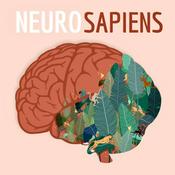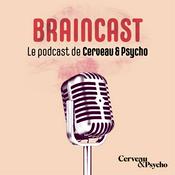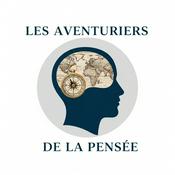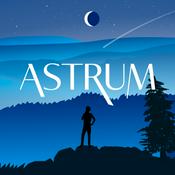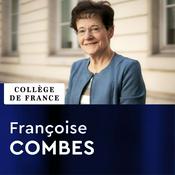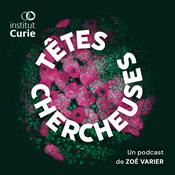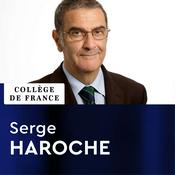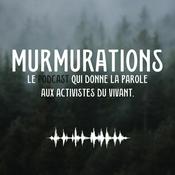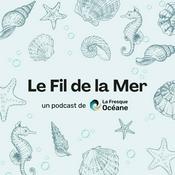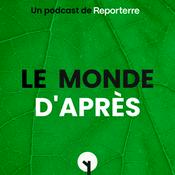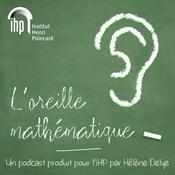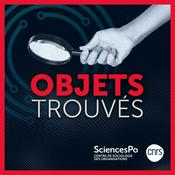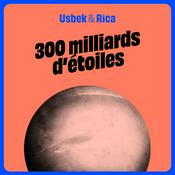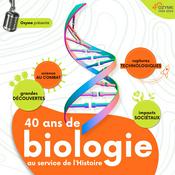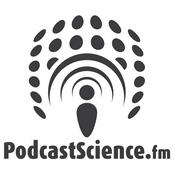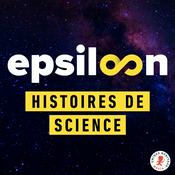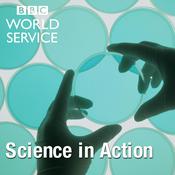634 épisodes

How rare are Greenland’s rare earth elements?
08/1/2026 | 26 min
President Trump has his sights set on Greenland. If he succeeds, what mineral wealth will he find there? Adrian Finch, Professor of Geology at St Andrews University has been visiting Greenland for more than 3 decades and explains what so called ‘rare earth elements’ are found in Greenland and why.Professor Danny Altmann talks to Tom Whipple about a new project to understand the genetic and metabolic similarities between two illnesses; Long Covid and ME. And Lizzie Gibney, senior physics reporter at Nature brings her pick of the best new science this week.To discover more fascinating science content, head to bbc.co.uk, search for BBC Inside Science and follow the links to The Open University. Presenter: Tom Whipple Producer: Clare Salisbury Editor: Martin Smith Production Co-ordinator: Jana Bennett-Holesworth

How did President Trump transform science in 2025?
18/12/2025 | 26 min
This week President Trump’s director of the Office of Management and Budget announced that a major climate research centre would be broken up. 2025 has brought a wave of reorganisations and funding cuts, reshaping the ways science is done in the USA. Veteran science journalist Roland Pease tells us whether we’re starting to see the impacts.Victoria Gill gets a subterranean tour of Finland’s new nuclear waste disposal facility. It’s the first country in the world to get one and the UK are interested in learning how they did it. Victoria is also joined by science journalist Caroline Steel to talk about this week in science research.And 40 years ago, Dian Fossey was murdered at her home in Rwanda where she had spent decades studying mountain gorillas. Gilly Forrester, Professor of Comparative Cognition at the University of Sussex talks about why the data collected from Dian’s ‘gorillas in the mist’ continues to shape science today.To discover more fascinating science content, head to bbc.co.uk search for BBC Inside Science and follow the links to The Open University.Presenter: Victoria Gill Producers: Clare Salisbury, Kate White and Tim Dodd Editor: Martin Smith Production Co-ordinator: Jana Bennett-Holesworth

Would our ancestors have benefited from early neanderthals making fire?
11/12/2025 | 26 min
400 thousand years ago our early human cousins dropped a lighter in a field in the East of England; evidence that was uncovered this week and suggests that early neanderthals might have made fire 350 thousand years earlier than we previously thought. Dr Rebecca Wragg Sykes is honorary researcher at the universities of Cambridge and Liverpool and author of Kindred: Neanderthal Life, Love, Death and Art. She explains what this new discovery could mean for our own ancestors.Should we genetically modify our farmed salmon to prevent it breeding with their wild relatives? Dr William Perry from Cardiff University thinks this could help the endangered wild Atlantic salmon recover it’s numbers. And Lizzie Gibney, Senior Physics Reporter at Nature joins Tom Whipple to dig into the new science released this week.Think you know space? Head to bbc.co.uk, search for BBC Inside Science, and follow the links to the Open University to try The Open University Space Quiz.

A 'functional' cure for HIV?
04/12/2025 | 26 min
Almost 40 years ago, the first treatment was approved for HIV, but it came with a warning: “This is not a cure.” On the week of World AIDS Day, Kate Bishop, principal group leader at the Francis Crick Institute, tells us how science may now have finally found a “functional” cure for the virus that causes AIDS. How are tree rings, volcanoes, trade routes and Europe’s deadly Black Death pandemic connected? Professor Ulf Büntgen from the University of Cambridge explains how matching tree ring data with historical records shows that Italian city-states importing grain accidentally introduced the Black Death to Europe. Plus science broadcaster Caroline Steel is in the studio to discuss her favourite new scientific discoveries. To discover more fascinating science content, head to bbc.co.uk search for BBC Inside Science and follow the links to The Open University. Presenter: Tom Whipple Producers: Jonathan Blackwell, Ella Hubber, Tim Dodd, Alex Mansfield, and Hannah Fisher Editor: Martin Smith Production Co-ordinator: Jana Bennett-Holesworth

Why aren’t gene therapies more common?
27/11/2025 | 26 min
This week, a world first gene therapy treats rare Hunter syndrome. Could these personalised medicines be used more widely? We speak to Claire Booth, professor in Gene Therapy at Great Ormond Street Hospital. And high in the Chilean desert, the last bit of 13 billion year old light has hit the mirror of the Atacama Cosmology Telescope for the last time. Dr Jenifer Millard, a science communicator and host of the Awesome Astronomy podcast, tells us what it’s been up to for the past 20 years.And Penny Sarchet, managing editor at New Scientist brings her pick of the latest new discoveries.Think you know space? Head to bbc.co.uk, search for BBC Inside Science, and follow the links to the Open University to try The Open University Space Quiz. Presenter: Tom Whipple Producers: Alex Mansfield, Ella Hubber, Jonathan Blackwell, Tim Dodd and Clare Salisbury Editor: Martin Smith Production Co-ordinator: Jana Bennett-Holesworth
Plus de podcasts Sciences
Podcasts tendance de Sciences
À propos de BBC Inside Science
Écoutez BBC Inside Science, Mystères et étoiles ou d'autres podcasts du monde entier - avec l'app de radio.fr

Obtenez l’app radio.fr gratuite
- Ajout de radios et podcasts en favoris
- Diffusion via Wi-Fi ou Bluetooth
- Carplay & Android Auto compatibles
- Et encore plus de fonctionnalités
Obtenez l’app radio.fr gratuite
- Ajout de radios et podcasts en favoris
- Diffusion via Wi-Fi ou Bluetooth
- Carplay & Android Auto compatibles
- Et encore plus de fonctionnalités


BBC Inside Science
Téléchargez l’app,
Écoutez.




